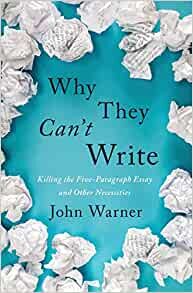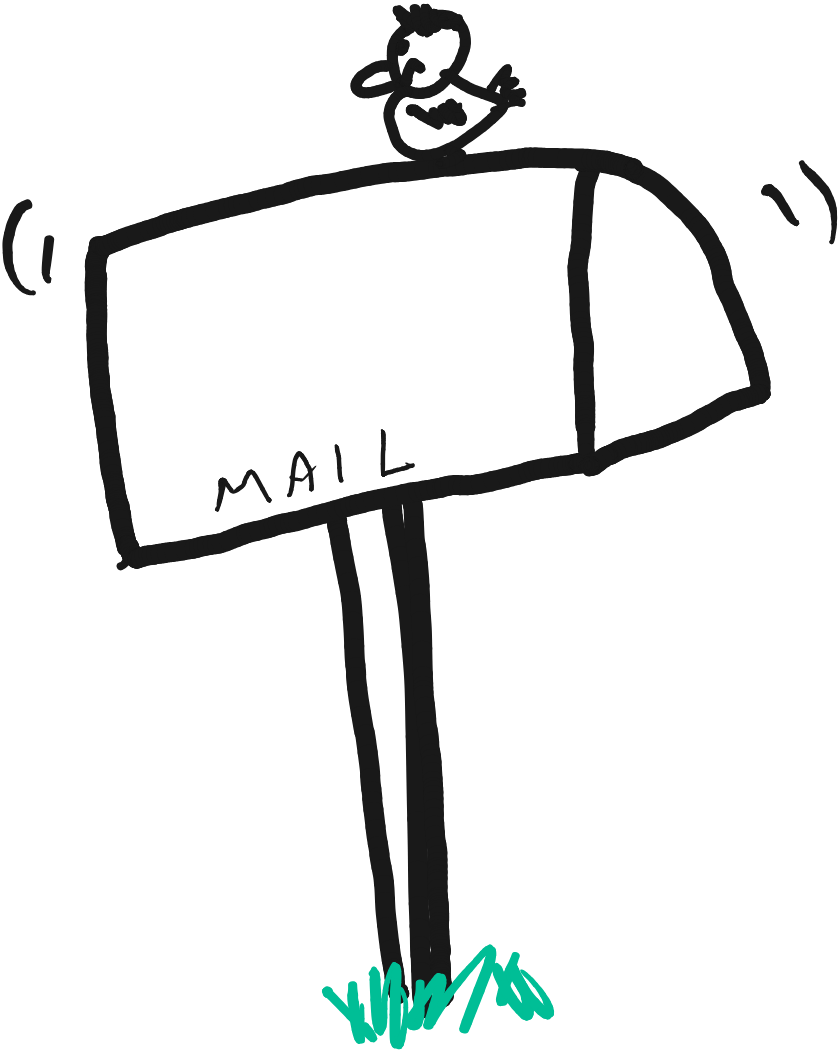This was written as a creative nonfiction writing assignment I set myself, as a way of paying homage to a dedicated — if fierce — teacher.
Read MoreOld Nick


This was written as a creative nonfiction writing assignment I set myself, as a way of paying homage to a dedicated — if fierce — teacher.
Read MoreCameraman, by Terry Freedman
A few years ago I decided that it would be interesting to sign up for courses in film studies. Not just to learn about films, but because I thought understanding the language of film would be useful in my writing. I wrote about this in Film Studies as a Way of Improving Your Writing.
The courses have been really useful in that respect, and have enabled me to make all sorts of connections. For example, and as I described in the article just mentioned, one film director’s approach seemed to me to have parallels with a French writing movement known as the Oulipo.
The courses at the Bishopsgate Institute are taught by Hilary Smith, and she usually starts with a discussion of what makes a good film, before going on to the specifics of the genre or categorisation under discussion. That's another example of a parallel. In The Primary Duty of a Translator I posed the question: what makes a good translation?
As the most recent course I did has finished now, I thought it worth might be useful to say what I enjoy about the Bishopsgate film courses in general, because more are planned. (At the time of writing, the forthcoming course is “Greatest films of the 21st century”.)
First, the tutor, Hilary, is a real expert, not someone who happens to have been drafted in at the last minute and has spent a couple of hours mugging up using Coles Notes! Students need to feel looked after by their teacher, and although that concept is usually thought of in terms of health or mental health, I think it applies to wealth and well-being too. Regarding the “wealth” aspect, I don’t want to come out of a session wondering why I’ve allowed myself to be ripped off by someone who knows less than I do about the subject. As for “well-being”, all of us feel good at learning something new, and having “aha” moments.
That brings me on to the next thing I like about these courses. Quite often, Hilary will point out that if this scene seems vaguely familiar, it’s because the director was paying homage to the director of another film. It reminds me of jazz. Quite often, in a jazz solo, in which the tenor saxophonist (say) is demonstrating his adherence to the school of music known as “any note will do”, there will suddenly be a snatch of another tune. It makes you jolt upright and think, “Wait a minute, wasn’t that…?”
This kind of knowledge also contributes to a sense of well-being when you can casually say to a friend or family member, “Of course, what Lean was referencing in this scene is…” as if it is, or should be, common knowledge.
Real experts don’t need to pretend to know everything, and Hilary demonstrates this often. There’s always at least one person on the course who knows quite a bit about someone or something, and when they say they discovered X, Hilary will be the first to admit she hadn’t known that, and will look it up.
My final comment in the Zoom chat of our final session was “Thanks for a very rich course”. By “rich” I mean we not only discuss a film’s antecedents and who or what it influenced, but see clips of different versions so we can compare them, interviews with people connected with the film, and further reading.
In conclusion, attending film studies courses has helped me to hone my critical facilities. In just the same way as I ask myself questions like “Why has that camera angle been used?, “What is that lighting meant to convey?” and “Why that particular piece of music for this scene?”, I bring a questioning approach to my reading: “Why that adjective/image/order of paragraphs?” That, in turn, plays back into my approach to writing. Sometimes I find myself spending 15 minutes finding the exact word I need. The average reader may not notice — but they will probably be affected just the same.
If you found this article interesting, why not subscribe to my newsletter, Terry Freedman’s Books Bulletin?
I’ve been enjoying delving into the meaning of some of the expressions we come across all the time — and a few we don’t.
Read MoreUnder normal circumstances I wouldn’t pick up the (fictitious) memoir of a 17 year-old girl….
Read More
When you pick up an English edition of a foreign language book, you have to rely on the good intentions and skill of the translator. But can they be trusted?
Read MoreThis book aims to change that by providing insights into the writing process from several very different genres.
Read More
Does the enormous amount of help that teachers give to students to help them learn how to write, help them to learn how to write?
Read MoreArchive, by Terry Freedman
On 14 October 2019 I mused about the usefulness to writers of being unmindful, that is, possible benefits of the opposite of mindfulness.
Read More
If you have a Gmail email address, did you know that you can use it as the basis for even more addresses?
Read MoreA fascinating read
Apparently, the average read-through rate (who knew such a measurement existed?) on Medium is 40%. So why do people tend to not see an article through to the bitter end?
Read MoreThe Author masthead
My copy of The Author, the magazine of the Society of Authors, has arrived. I always look forward to it, and am never disappointed. This occasion is no different.
Read MoreMail undelivery, by Terry Freedman
Ever since I started my newsletter I have used a double opt-in system. What does that mean, and why do I do it?
Read More
The drawback of being a freelance writer is that if something goes wrong with your computer equipment, you’re likely to be the one who has to fix it. What can you do to make this as painless as possible?
Read More
What makes a piece of writing enjoyable to read?
Read More